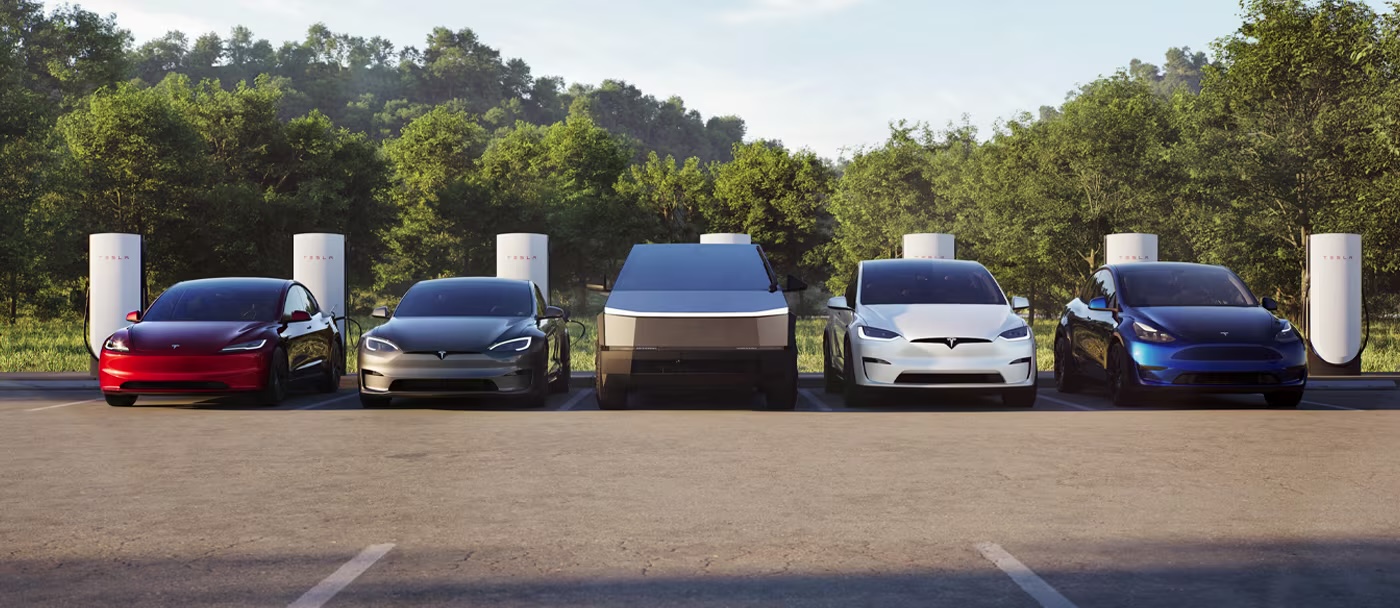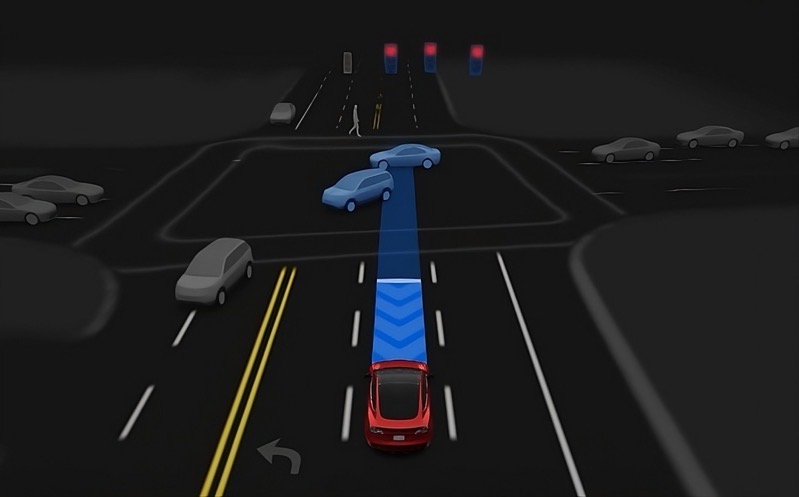
Canada to Announce All New Cars Must Be Zero Emissions by 2035
Canada is poised to announce new regulations this week, mandating that all new cars sold in the country must be zero-emission vehicles by 2035. This move, confirmed by a senior government source, represents a significant step in the country’s push towards vehicle electrification, reports Reuters.
The forthcoming regulations, known as the Electric Vehicle Availability Standard, aim to ensure a steady supply of electric vehicles (EVs) in the Canadian market and reduce waiting times for consumers looking to purchase an EV. This initiative aligns with similar regulated sales targets already in place in the Canadian provinces of British Columbia and Quebec.
Under the new rules, zero-emission vehicles, which include battery electric, plug-in hybrids, and hydrogen models, will need to constitute 20% of all new car sales by 2026, escalating to 60% by 2030, and reaching 100% by 2035. This information was provided by the source on the condition of anonymity, as officials at Canada’s environment ministry have declined to comment.
The push for EVs is part of a global trend, with electric vehicle sales currently accounting for approximately 13% of all vehicle sales worldwide. This figure is expected to increase to between 40%-45% by the end of the decade, according to the International Energy Agency (IEA) based in Paris.
In contrast, the United States recently witnessed a political divide over vehicle emissions regulations. The Republican-led House of Representatives voted to prevent the Biden administration from implementing stringent vehicle emissions regulations that would have seen 67% of new vehicles being electric by 2032. This decision drew a veto threat from the White House.
In terms of market share, Tesla dominates in the United States, having sold 325,291 vehicles in the first half of 2023. General Motors’ Chevrolet brand follows with 34,943 sales, trailed by Ford, Hyundai, and Rivian.


